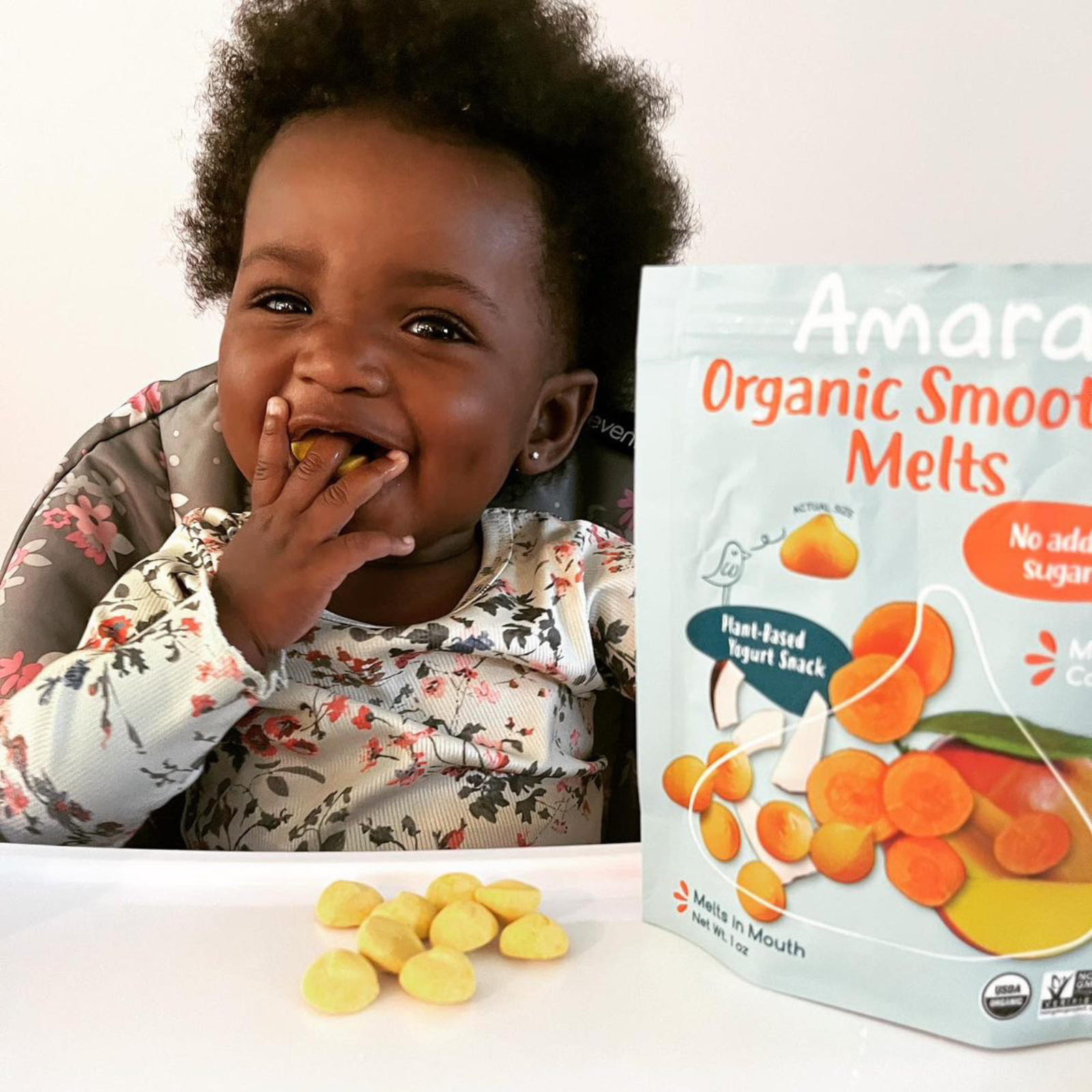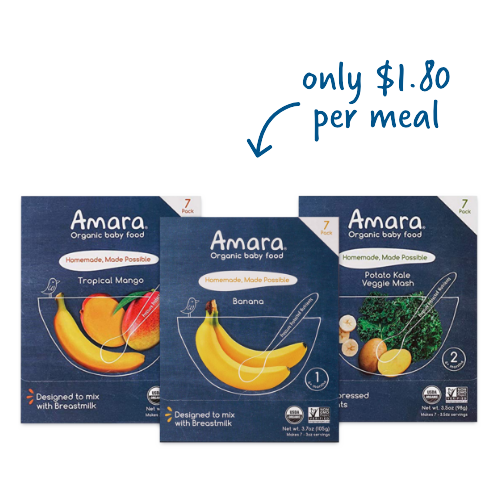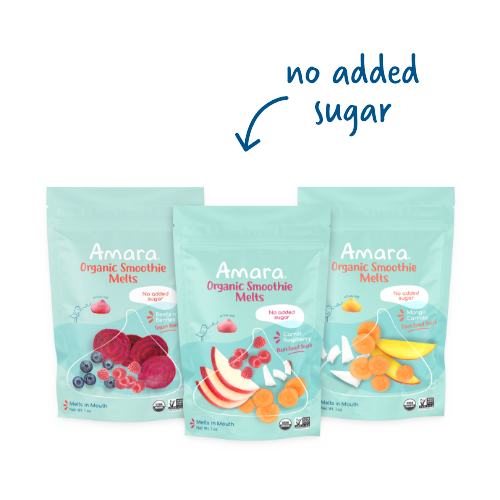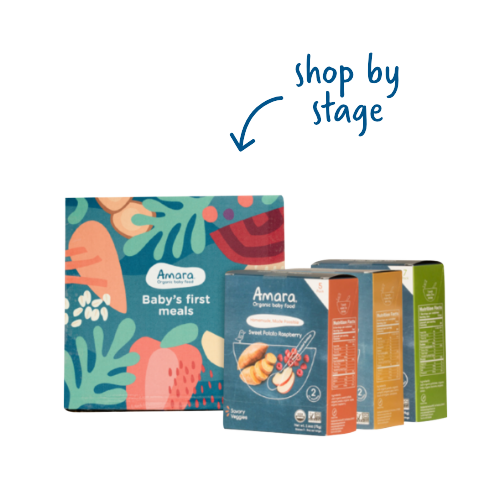Anyone with a young child knows that snacks are life. (I’m not kidding. 😐)

In all seriousness, one of the most surprising things I am constantly (re)learning about being a parent is just how much of every day revolves around food. My little kids need and want to eat *all the time, it seems. I’m the kind of person whose first question about the weekend or a vacation is, what are we going to eat?, and I have never thought about food so much as with regard to my kids.
I’ve recently been fascinated with debates I’ve heard about snacking — namely, whether young children should do it. So this week we’re bringing you a primer on all things snacking: the case for it, the case against it, and tips for managing and making the most of snacktime.
Grab a snack…

The Case Against Snacking
Let’s start with the “cons,” shall we? Full disclosure: I was firmly on this side of the fence at the outset. I read Bringing Up Bebe when my firstborn was an infant and decided that the next best thing to moving to Paris was trying to emulate the French, hah. (We’ll get to the relevance momentarily…)
Many Americans harbor negative ideas about snacks and snacking generally, and these impressions stem probably from our own upbringings and attitudes toward food/eating, various cultural influences, and broader concerns about the food environment in which we live.
Many parents who worry about their children eating (too many) snacks say they fear snacking may impede their children’s ability to self-regulate their own eating, and/or contribute to overeating, weight gain, and obesity. While there is a certain logic to these concerns, there is not conclusive data to support them. (And as we’ll see shortly, some experts argue exactly the opposite.)
A separate concern I hear a lot is that snacking interferes with kids eating their meals — i.e., if Jack eats a snack before lunch or dinner, he is less likely to eat the meals his parents prepared for him. This exact scenario, I think, is almost ubiquitous among the parents of toddlers…
Still more families worry that our culture’s problematic food landscape — in which (mostly unhealthy) food is omnipresent — is driving the ship, and point to other cultures around the world where snacking simply is not the norm. In France, most children have a single daily snack (!) in the afternoons when they return home from school, and the classic American problem of “my kid is whining for snacks all day long — no really, all day long” is just not really a “thing.” These cultures — again, using France as an example — generally advise that there is no need for children to eat constantly throughout the day (or even, much more than meals), that it’s okay to be hungry, and that restraint is a learned skill.

On a related note, many parents recognize that early childhood is an important window of opportunity for building eating habits and taste preferences, and worry that frequent snacking may simply be teaching their children bad habits for the future.
Lastly, there are the facts that in the United States, children may simply be snacking too much and on the “wrong” things. According to Harvard Health, more than a quarter of most children’s daily calorie intake comes from snacks, and American children have been snacking more over the past decades. One study, for example, found that children consume more than 8 snacks daily, on average. Combine this with the detail that most snacks consumed are processed low-nutrient foods, and you begin to see the issue.
[set aside] We at Amara are trying to change our country’s culture of eating — and its overreliance on highly processed foods — from the ground up. Our organic baby food pouches and toddler yogurt melts are the perfect alternative to “junk food snacks” — they’re just as easy but they come with benefits rather than health problems… Our nutrient protection technology ensures that every Amara bite is as nutrient-rich and flavorful as homemade foods and snacks. It’s a win-win! {end]

The Case for Snacking
There’s another side of the story!
More pediatric nutritionists, parents, and researchers are suggesting that our culture has denigrated snacking to the point of unnecessarily moralizing the behavior, and expressed that restricting children’s snacking may inadvertently backfire. Here’s a little more on their take:
Feeding experts explain that most young children, on account of their growing bodies, ongoing brain development, and comparatively smaller stomachs, may in fact need to eat more frequently — every 3-4 hours. Indeed, growing children have higher nutrient demands than adults, and especially given that most children do not eat predictably (meaning, “regularly” at meals), it’s entirely possible that our children may be whining for a snack for good reason. Add to this the observation that toddlers and young children literally cannot eat as much in one sitting as an older child or adult (again, smaller stomachs), and the one-hour-after-mealtime-snack-request starts to look much more reasonable…
Another thing: many nutritionists note that restricting a child’s eating to the point of making food feel scarce can yield unintended consequences. Namely, they say that children who live in homes where eating is strictly restricted may grow up to be more likely to overeat, more likely to harbor negative feelings about eating, and less likely to be able to control their own eating. The premise behind these outcomes is that children who experience food restriction have fewer opportunities to learn to eat intuitively and independently self-regulate their own consumption. Following this same ideology^, many believe that it’s also important to periodically offer children unfettered access to “junk food” so that they gain experience moderating intake.

The Verdict
There is no one right recipe for kids’ snacking — in fact, you may take a different tack among your own kids! I took away from this research that there is such a thing as “too much” snacking, but also that we need not beat ourselves up about it.
Indeed, instead of throwing our attention on snacking per se, we are better served to focus on our children’s plates — namely, what we’re serving them, and what we’re not…
Tips and Tricks for Better Snacking:
Experts suggest making some adjustments to your approach toward snacking for a more successful and overall healthy experience. Here are the top pieces of advice:
1. Observe your child and consider: why are they asking for a snack?
Often, children ask for snacks based on circumstantial factors such as boredom or external cues. Look for patterns in when and why your child may be requesting a snack, and consider whether they might “actually” be hungry or there may be some other issue prompting them to desire food.
2. Space out snacks and meals.
This is a classic piece of advice from experts and grandmas everywhere — don’t offer snacks too close to meals, as this can lead to reduced eating at mealtime… which then often causes increased snack requests afterward… It can be a vicious cycle!
3. Don’t pair snacks with screens.
One major concern about American children’s snacking is that it’s often mindless. When children eat while watching a screen, they’re much less likely to pay attention to what and how they are eating, how their bodies are feeling, and when they are full. One way to reduce mindless eating is to implement the simple rule of “no snacking with screens.” Ideally, experts say, snacks would take place at the table, with the formality of a mini-meal.
4. Keep things predictable — devise a routine/schedule for snacks.
Young children thrive when they know what to expect, so it’s best to arrange a snack schedule of sorts and tell your child about it — try to use “landmarks” in time rather than actual time, because this will help children to follow along better (i.e., after the playground or after daycare).
5. Treat snacks with the same care as meals.
One expert suggested parents think about snacks with the same intention they would meals, and I have to say I love this concept. Just like for a meal, consider putting together snacks that hit the major food groups and offer nutrient-dense foods (these will deliver more micronutrients and be more satiating). One idea is to come up with a list of balanced snack foods so you always have some ideas at the ready.
Parents and kids LOVE our best-selling yogurt smoothie melts because they are 100% organic fruit and vegetables with NO ADDED SUGAR.
**An added benefit of this strategy — treating snacks as mini-meals — is that it may begin to erode children’s sense that “snack foods” are distinct from “real foods.” In fact, one reason why children whine for snacks so frequently (see #1, above) is because they see snack foods as different from meal foods. And honestly, they’re not wrong. We’re more likely to offer our children processed foods, simple carbs, or “treats” for snacks than we are at mealtimes, and our kids pick up on this. If we begin to approach snack prep, however, with the same mentality and care as we would put into meal prep, the particular appeal of snack time (“special foods”) may lose its luster. (Some nutritionists even recommend occasionally offering those quintessential “snack foods” at meal times to help “break” a child’s association.)
6. Don’t use snacks as a reward or a punishment.
This is one basic principle where there’s unanimous agreement in the world of nutrition. Using food of any kind — snack, meal, dessert, you name it — as either a source of punishment or reward conveys to children that their eating and behavior are linked. Instead of teaching our children that the food they receive is tied to how “good” they are, experts say it’s best to separate the realm of discipline from the realm of feeding entirely, and let food be food.

We at Amara say the same thing — let’s let food be food! That’s why every product we make is nothing but the best. We’re talking real, whole-foods ingredients with *nothing else (no additives, added sugar, binding agents, chemicals, or anything else). Everything we make is carefully prepared with the underlying intention of nourishing your child from the inside out. All of our organic baby foods and toddler snacks are as healthy, delicious, and nutrient-rich as homemade food, except without the time or hassle. They’re perfect for meals or snacks or anything in between. 🙂









Leave A Comment